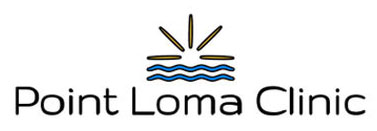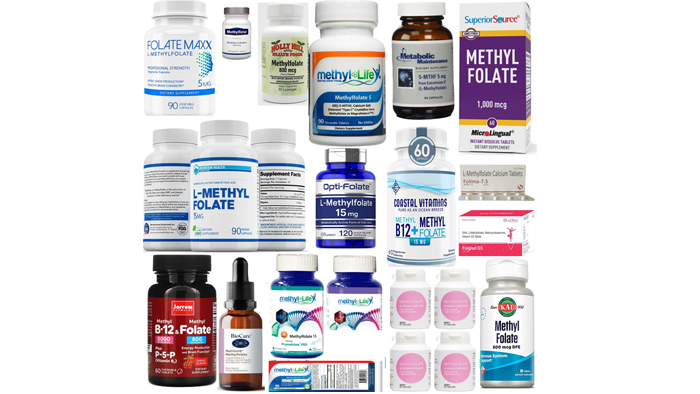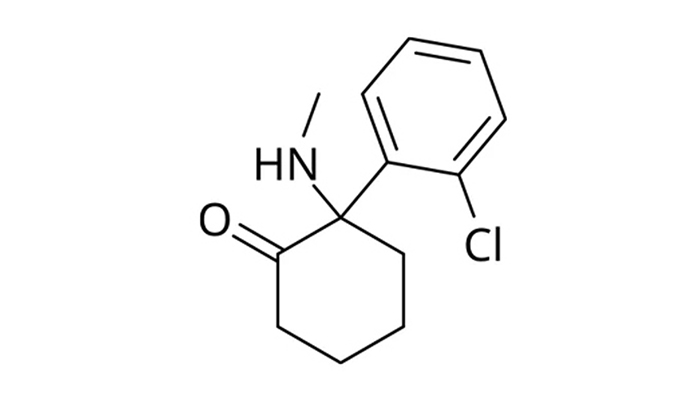Sunday, September 24, 2023
Alexander Papp, MD
Introduction to Methylfolate in Mental Health
In the ever-evolving landscape of mental health treatments, let’s shine the spotlight on methylfolate, a form of folate (or folic acid, also known as vitamin B9), in the fight against depression.
Folate, a vital nutrient for neurotransmitter production, has long been associated with mood disorders. The body has to convert it into methylfolate before it can be transported into the brain, where it aids in the synthesis of neurotransmitters like serotonin and dopamine—chemical messengers crucial for mood regulation.
The Benefits of Methylfolate over Folic Acid
Unlike its counterpart folic acid, orally taken methylfolate doesn’t require conversion in the body, making it a promising candidate for those grappling with depressive symptoms.
Genetic Considerations: MTHFR Gene Polymorphism
A noteworthy aspect of this treatment approach is its potential suitability for individuals with specific genetic variations, notably the “MTHFR gene polymorphism”. When someone has a polymorphism in the MTHFR gene, it means there is a difference in the genetic code of that gene. This particular gene variation can affect the enzyme’s ability to convert folate into its active form, methylfolate. For those facing challenges in converting folic acid effectively, methylfolate offers a more direct route to addressing deficiencies.
Clinical Insights: Efficacy in Treatment-Resistant Depression
Ongoing clinical studies are painting an optimistic picture of methylfolate’s efficacy, particularly in cases of treatment-resistant depression. However, it’s important to emphasize that responses to methylfolate can differ from person to person, and its incorporation into a treatment plan should be overseen by healthcare professionals (Stahl, S. M., 2013. “Methylfolate: A Promising Therapy for Treatment-Resistant Depression?” Psychiatric Times).
Safety and Side Effects
As with any medical intervention, caution is key. Potential side effects and interactions with other medications should be considered. Some people may experience mild gastrointestinal side effects such as nausea, bloating, or digestive discomfort. High doses of methylfolate, especially when taken later in the day, may contribute to insomnia or difficulty sleeping in some individuals.
Risks of Combining Methylfolate with SSRIs
Combining methylfolate with SSRIs may potentially increase the risk of serotonin syndrome, a condition characterized by excessive levels of serotonin. Symptoms may include confusion, rapid heart rate, and hyperthermia (very high fever). This risk is generally considered low, but it’s crucial to monitor for symptoms, especially when starting or adjusting dosages (Fava, M., 2007. “The potential role of L-methylfolate in the management of depression.” Journal of Clinical Psychiatry).
Availability and Use Recommendations
Methylfolate is available as a prescription drug in the form of Deplin, and in combination with other methylated B-vitamin types, as EnLyte and EnBrace. It is also available as over-the-counter preparations, typically found in the vitamin aisle of pharmacies and health food stores. Because of the possible interactions with certain antidepressants as described above, we highly recommend that people do not take high-dose methylfolate without the supervision of a psychiatrist.







